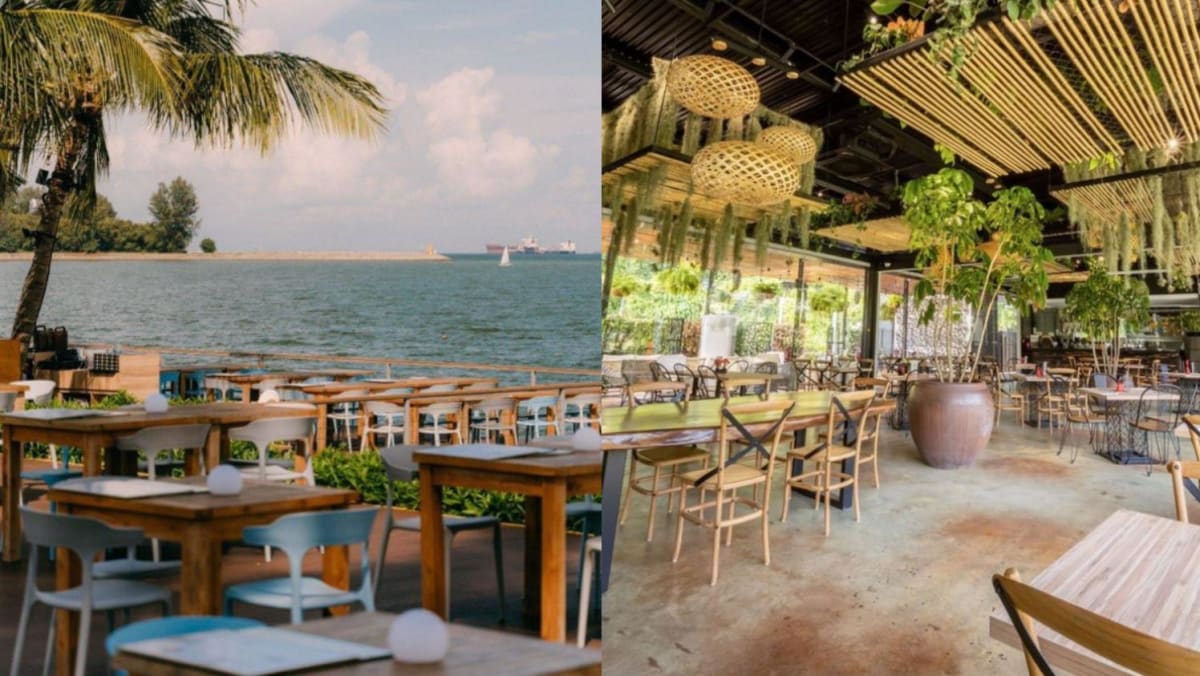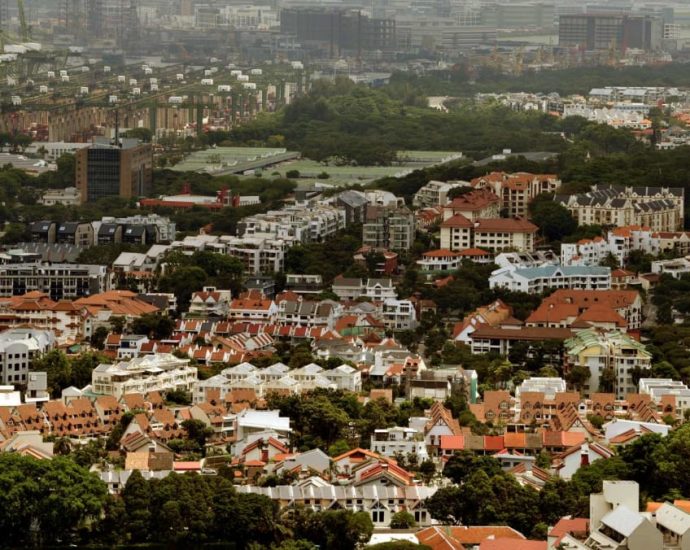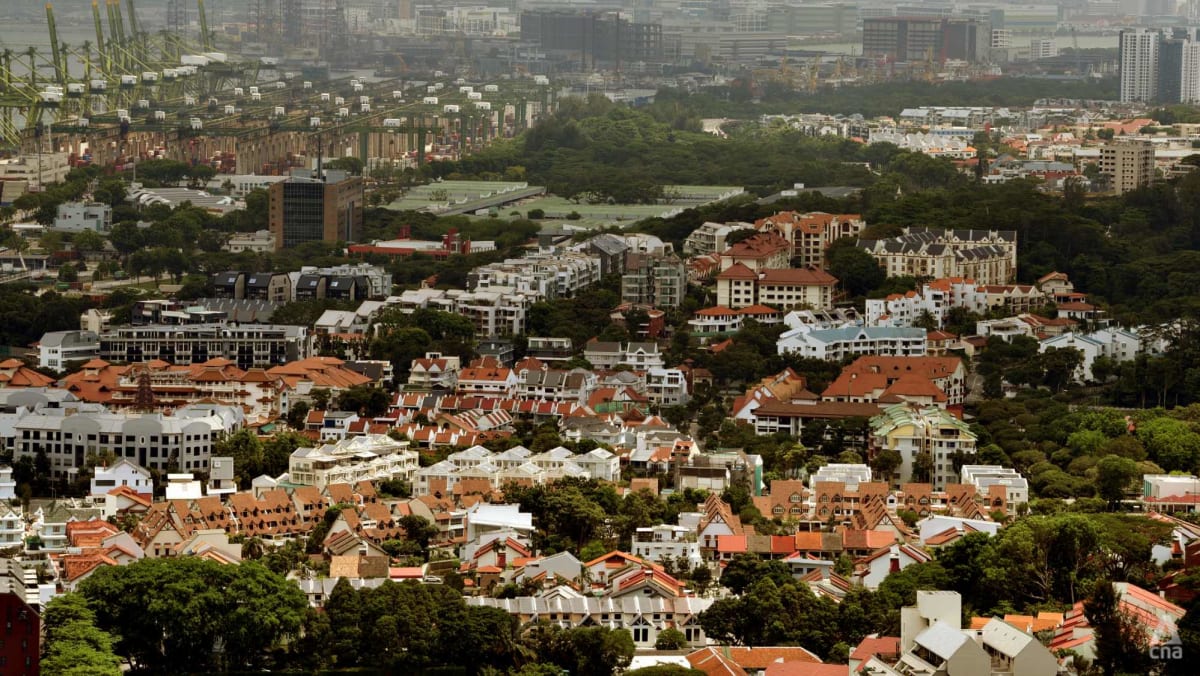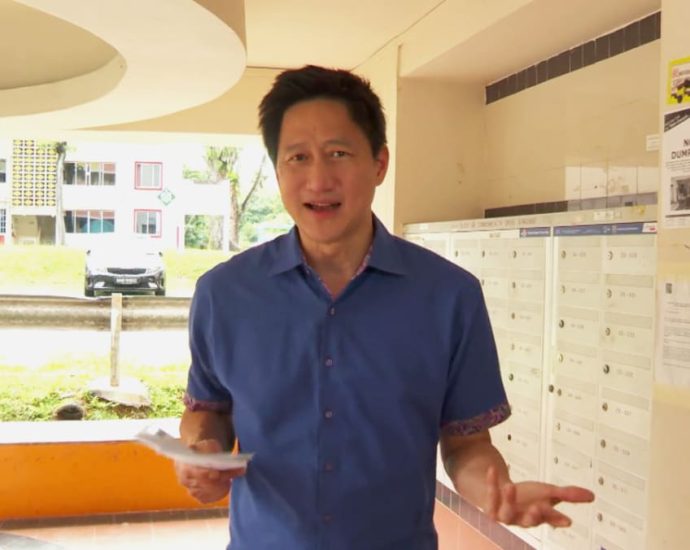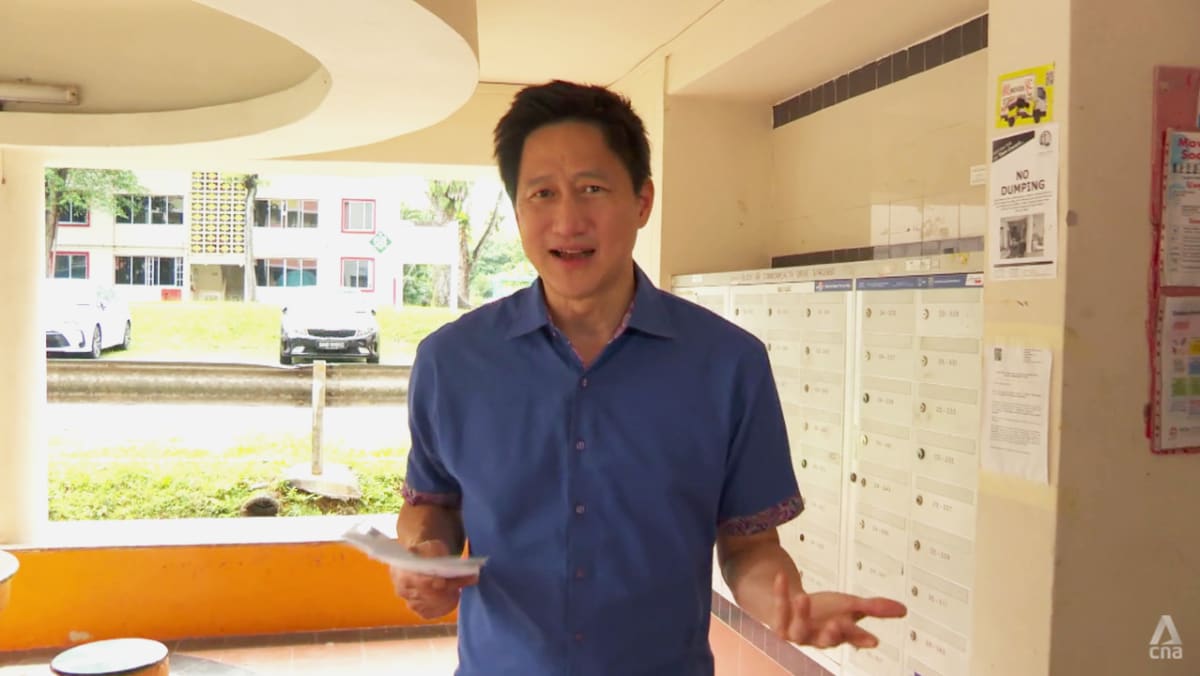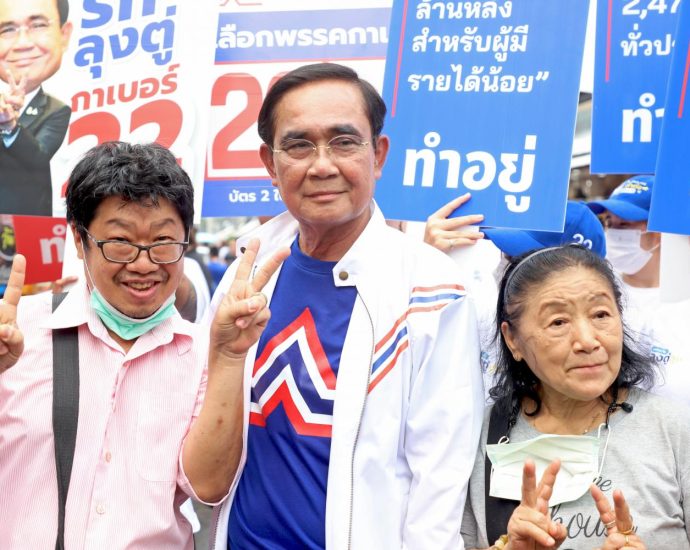Commentary: Yes, we’re already paying service charge, GST and delivery fees, but it’s still nice to tip

CULTURAL SHIFTS
Cultural shifts take time. When we, as a whole, recognise that supporting the community around us leads to a better, happier world, the shift will happen.
F&B is hard work and I am very grateful to the chefs who prepare our meals, servers who make sure we get our lunches, and delivery riders who bring us our dinners when we need to eat at home.
Every tip we give counts. It is all about how we perceive tipping.
Think of it as part of the cost of your meal, just as I rather quickly did in Toronto, that my milkshake cost C$5.20, not C$4. Think of tipping not as a cost increase, but supporting good work, supporting your community.
If service charge is removed, the actual cost hasn’t changed for you. And if service charge remains, any amount you can afford to give goes a long way. Servers know this and appreciate it.
When fellow servers see good service appreciated, they may well follow suit. This creates a butterfly effect and soon, service quality will rise, resulting in a trickle-down effect to other services that encourage tips like food delivery.
During the Apr 14 to 16 weekend, foodpanda launched a “double tips, double love” campaign, matching every dollar that riders received in tips from customers on the platform. The feedback on social media was encouraging.
In an interview with CNA last year, Grab too said that the tipping feature on the app had been well-received, suggesting an appreciation for platform workers.
Paradigm shifts take time and if enough business owners and diners do this, it will become normalised.





